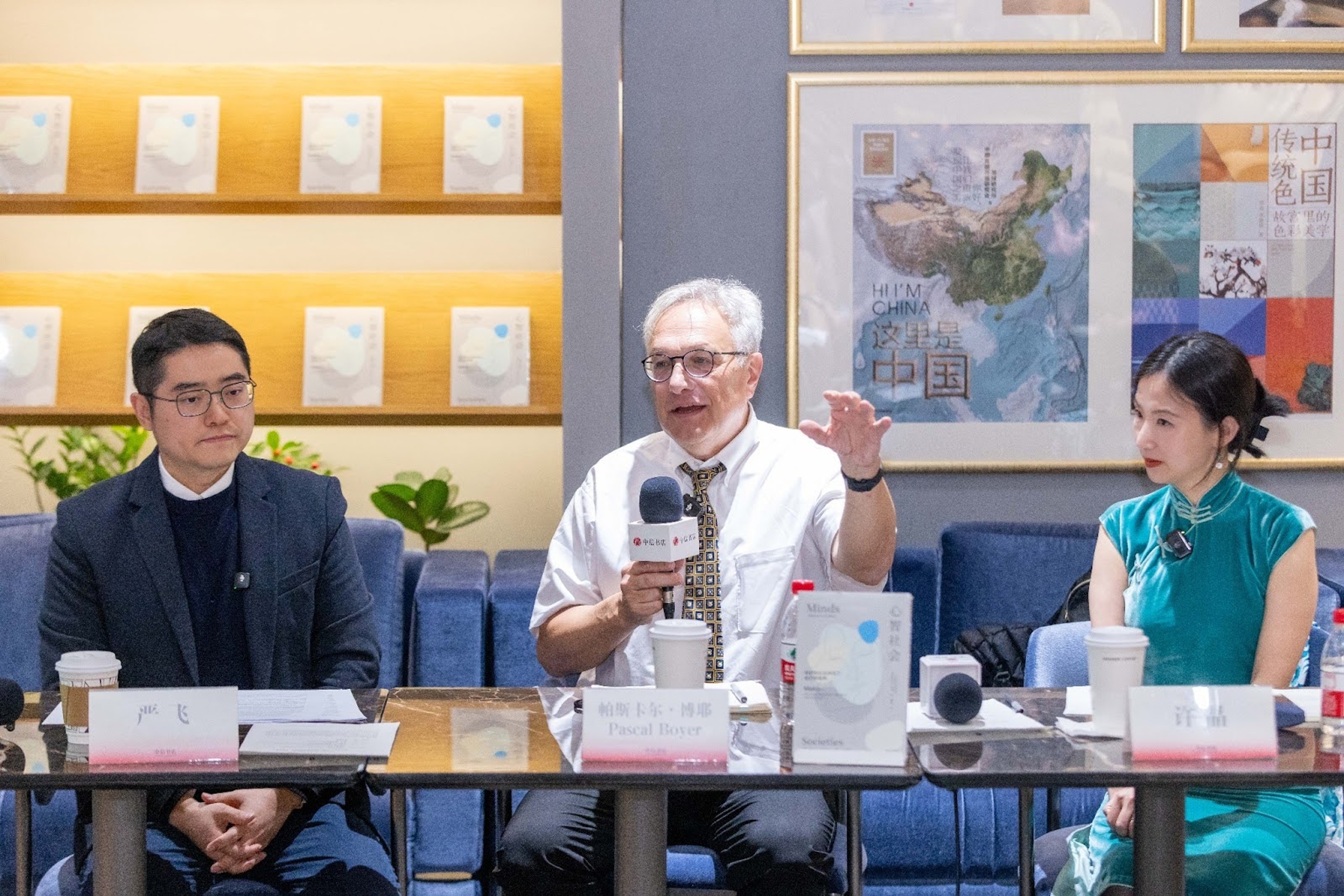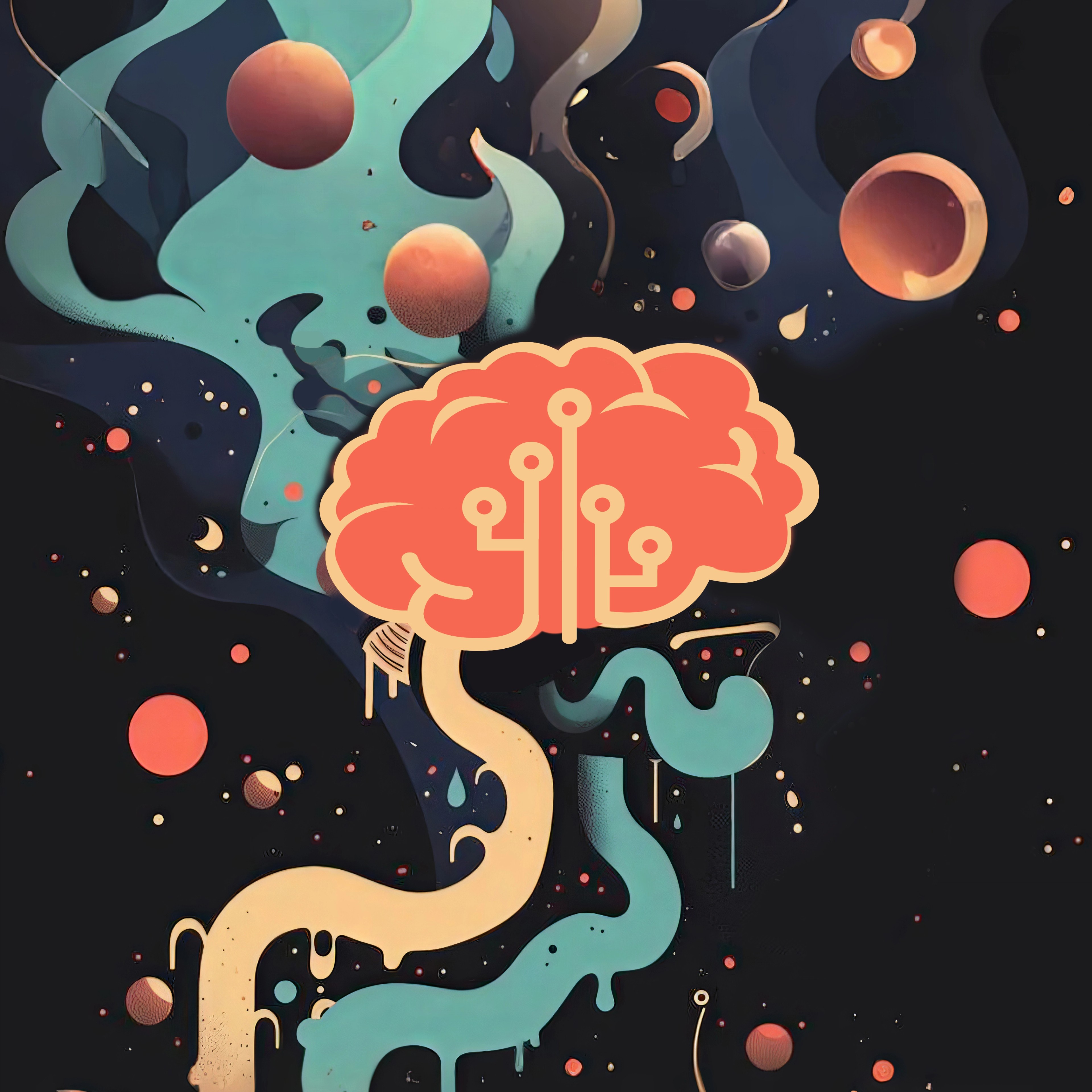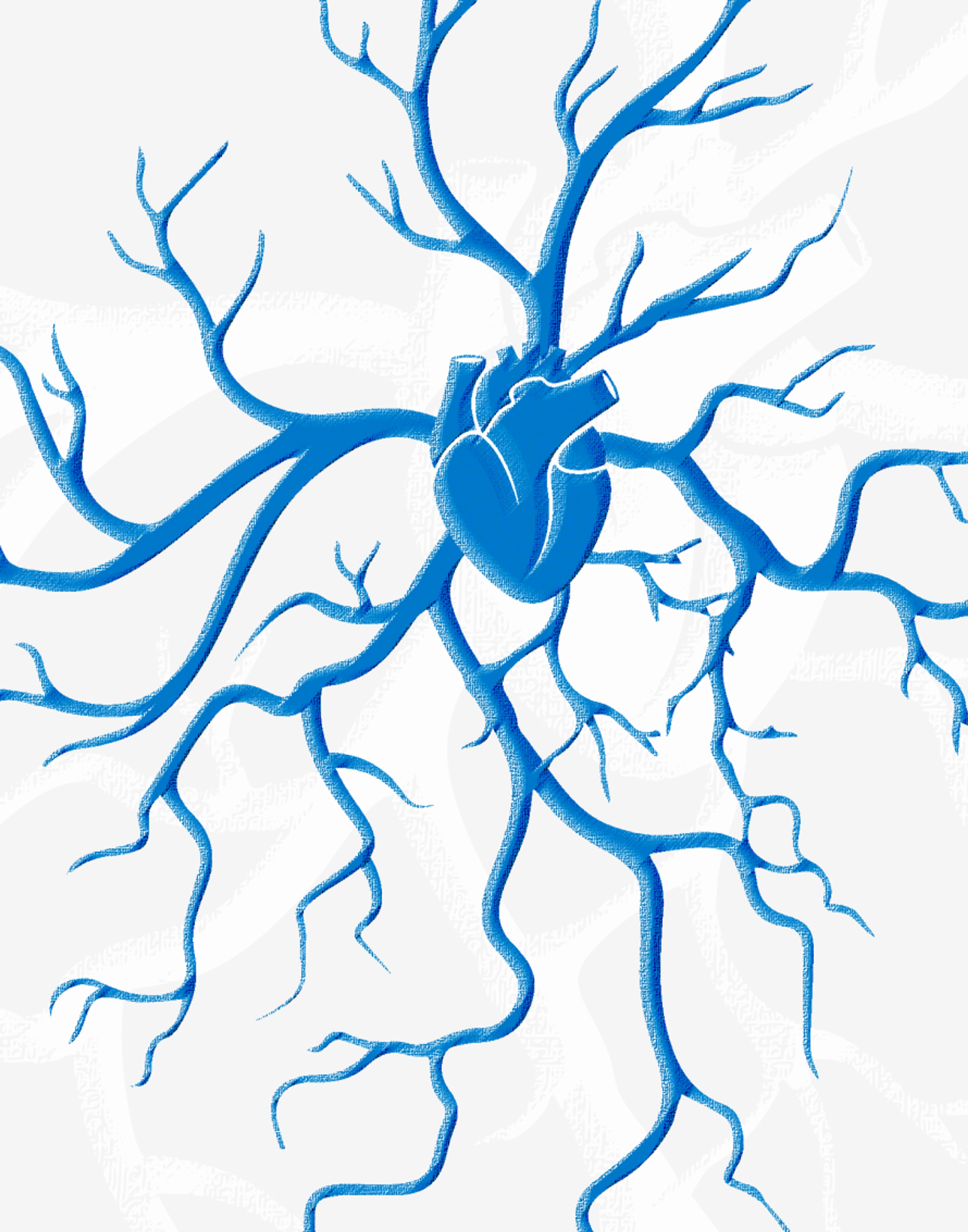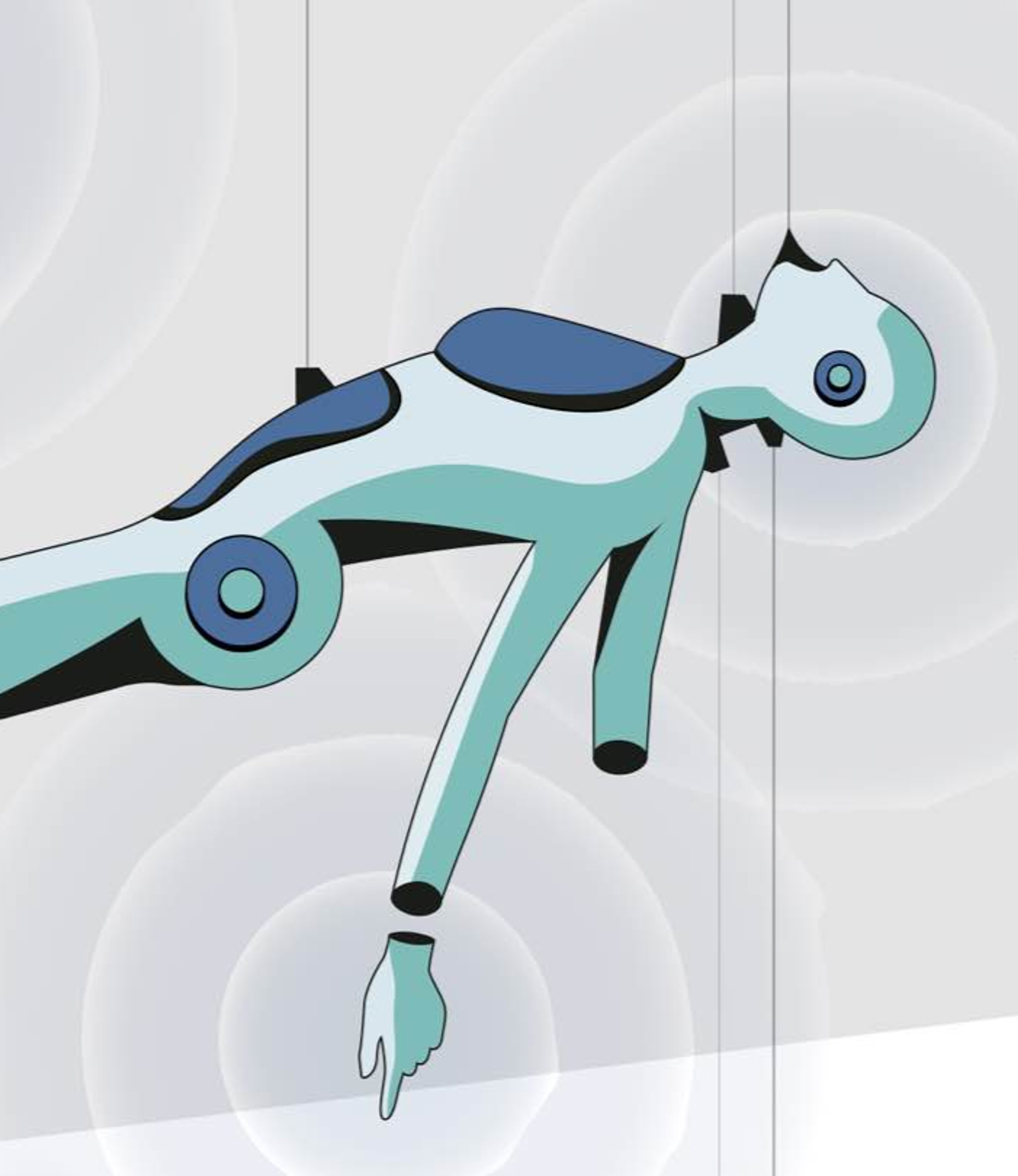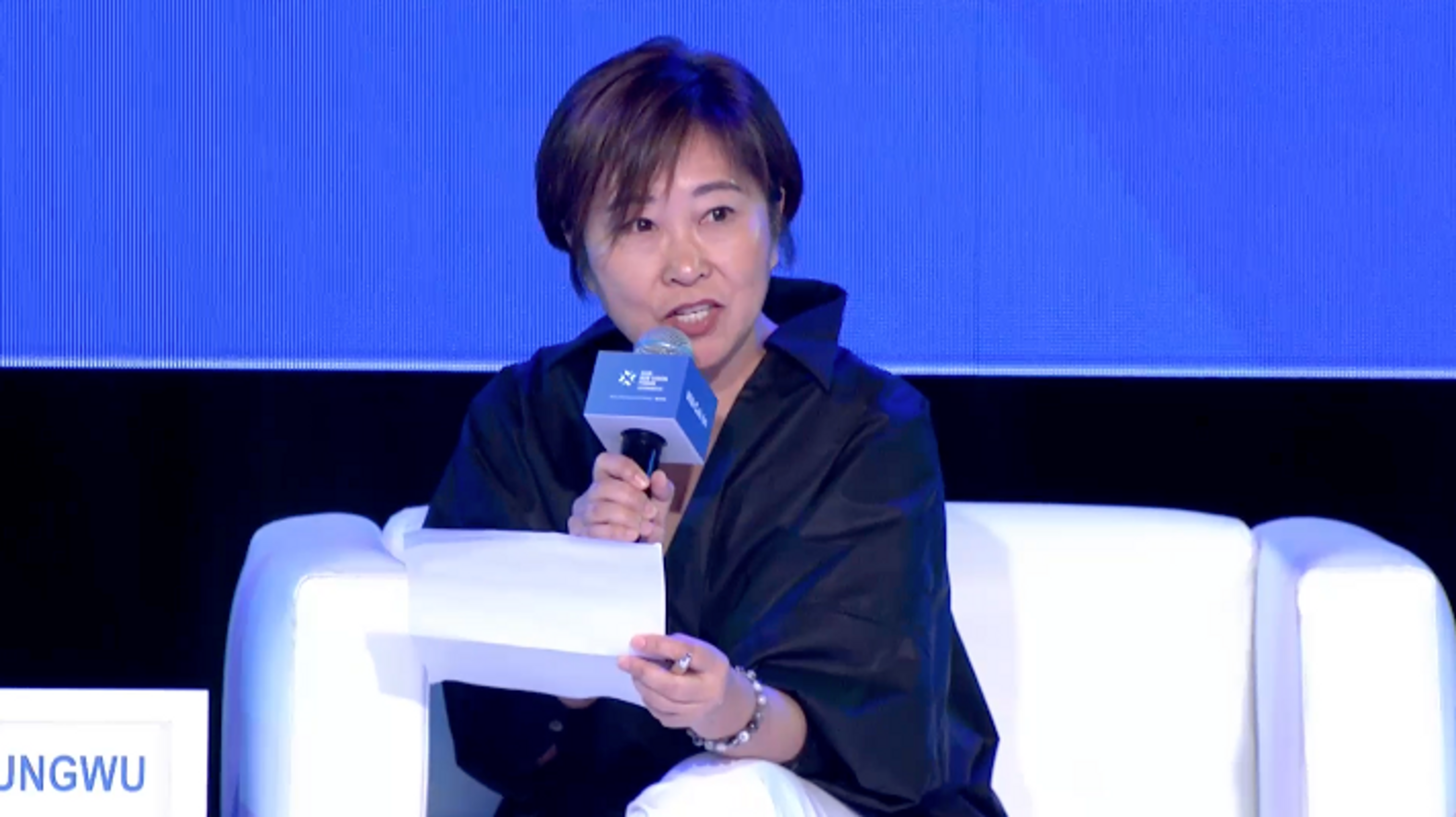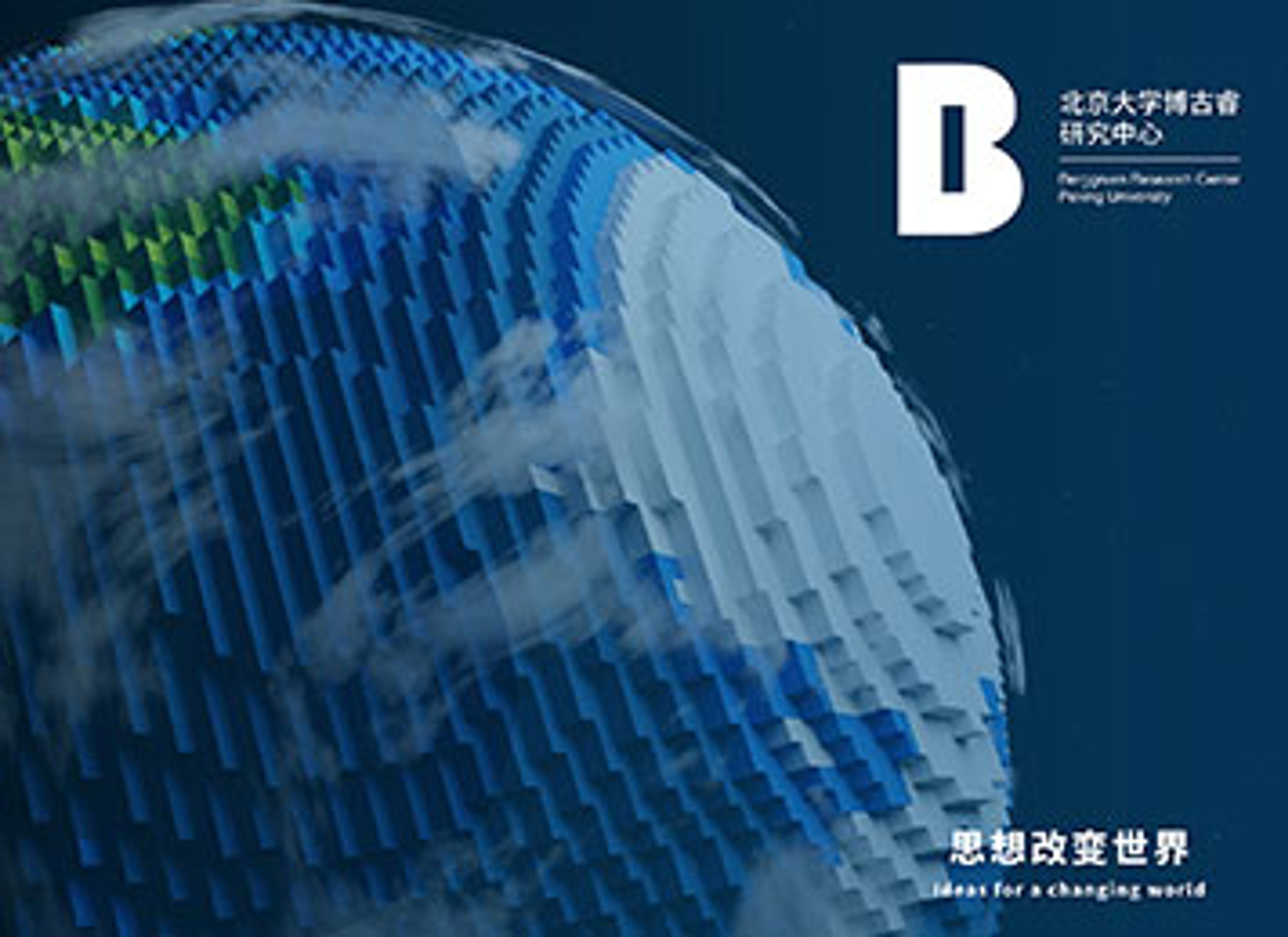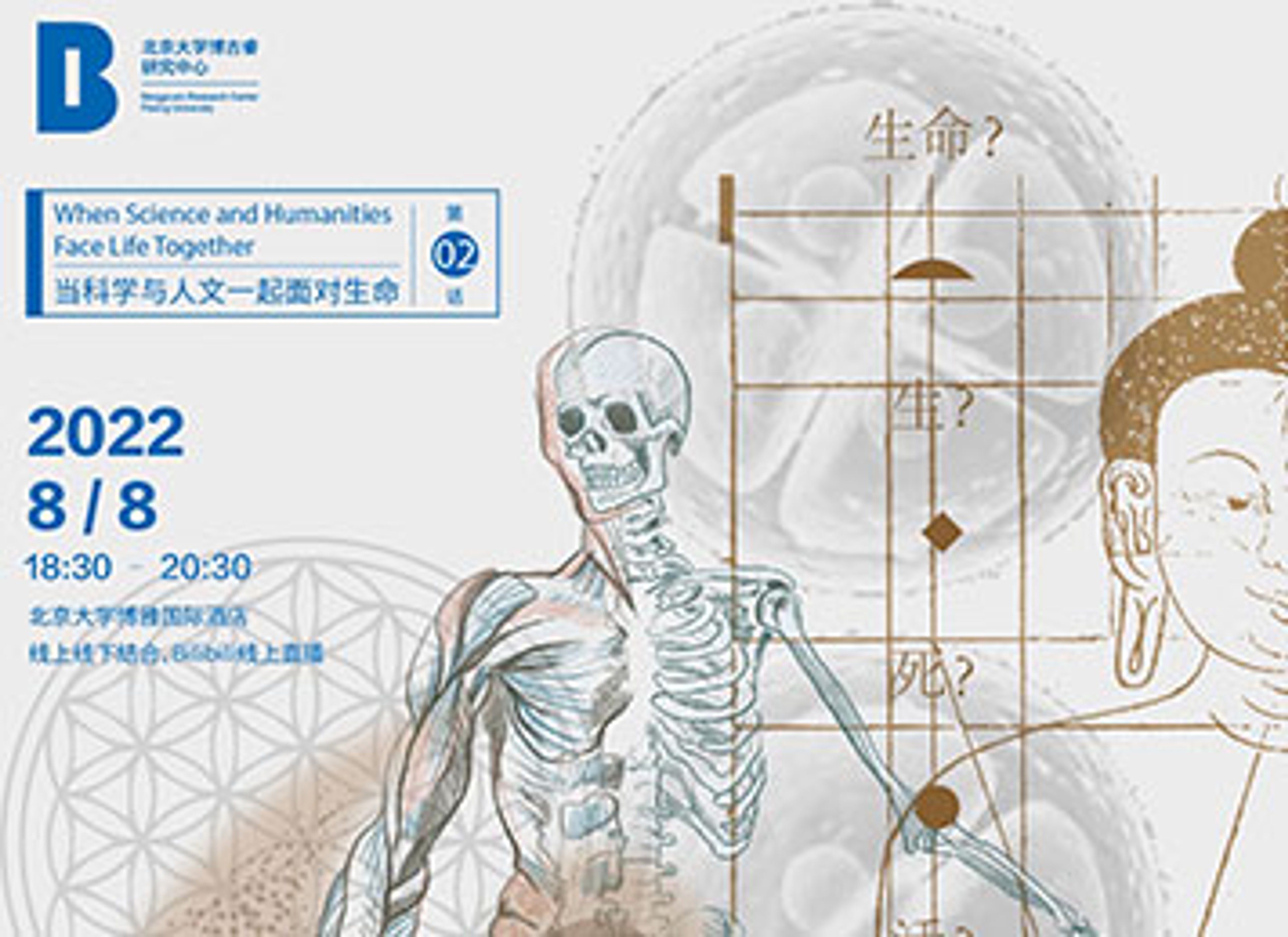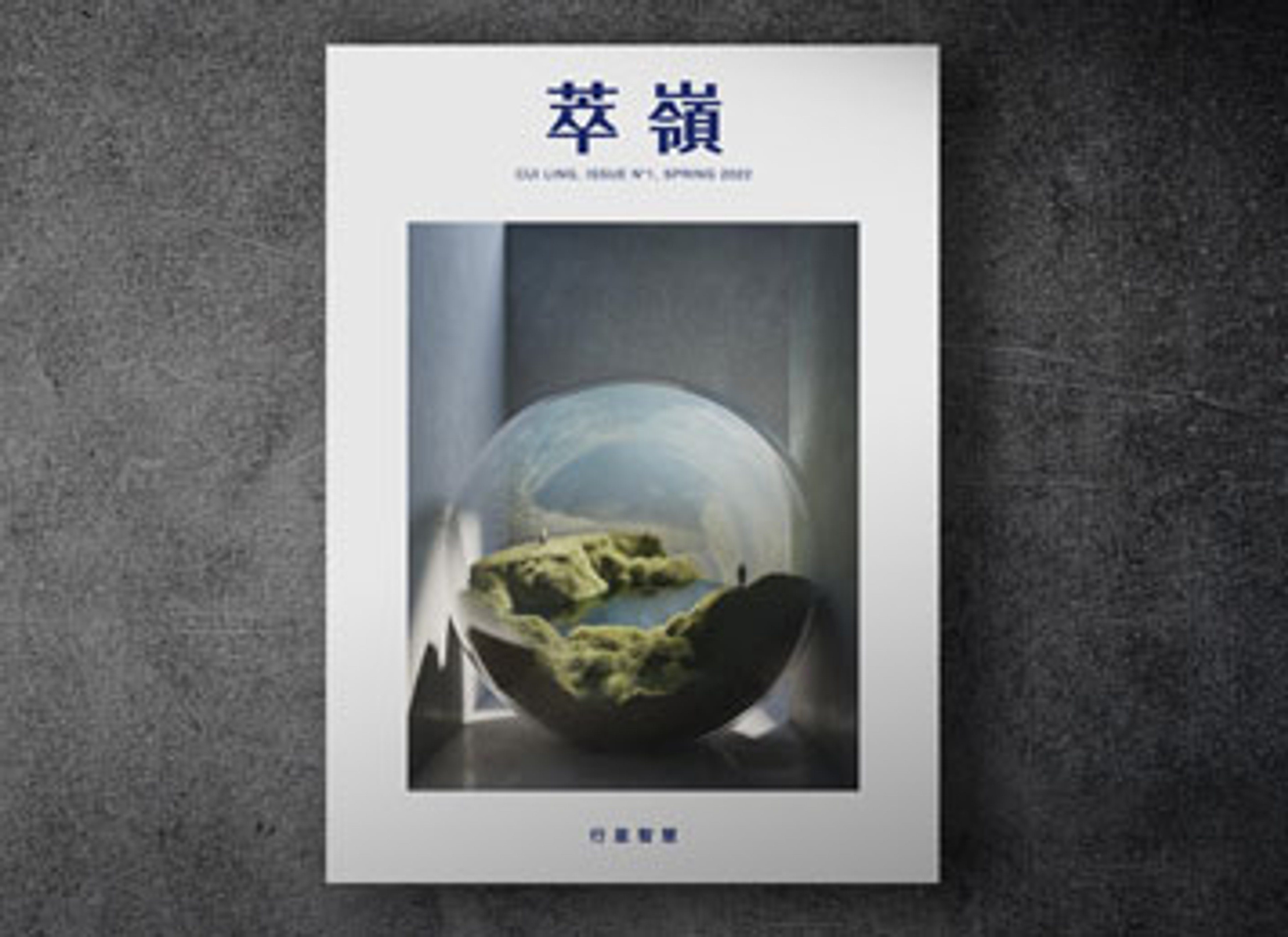2025–2026 Berggruen Institute China Fellows Announced

In early March this year, the Berggruen Research Center at Peking University (hereinafter referred to as “the Center”) officially launched the application process for the 2025–2026 Berggruen Scholars Program. As of May 31, we received 153 outstanding applications from both domestic and international candidates. We sincerely thank all applicants for their interest in and support of the Center’s work.
After a rigorous evaluation and careful deliberation by the Center’s Fellowship Program Review Committee and Academic Advisory Council, we are honored to invite the following four distinguished scholars as the 2025–2026 Berggruen Fellows.
Details about the scholars’ research fields and specific research plans for the fellowship will be published in the form of interviews on the Berggruen Institute’s website and across social media platforms, including WeChat and video channels. We warmly welcome continued exchange and collaboration from both academic and professional communities.
2025–2026 Berggruen Institute China Fellows

Herman Cappelen is a Chair Professor of Philosophy at the University of Hong Kong, where he directs the AI & Humanity Lab and the MA program in AI, Ethics, and Society. He is recognized for his pioneering work in conceptual engineering, the philosophy of language, philosophical methodology, and the philosophy of artificial intelligence. He is the author of eleven influential monographs, including Fixing Language: An Essay on Conceptual Engineering (OUP, 2018) which established new methodologies for improving our conceptual frameworks, and Making AI Intelligible: Philosophical Essays (OUP, 2021) which explores how humans and AIs share concepts and communicate. His most recent book The Concept of Democracy: An Essay on Conceptual Amelioration and Abandonment (OUP 2023) illustrates how we can radically rethink fundamental political concepts.
Cappelen’s Berggruen project is called "After 'Consciousness': Why It's Time to Abandon the C-Word.” The project challenges the very foundations of how we think about machine sentience. Rather than asking whether AIs can be conscious, he proposes abandoning this conceptually flawed question entirely and developing new terminologies that enable more productive inquiries about artificial minds. The project includes organizing cross-disciplinary workshops bringing together philosophers, AI researchers, and engineers to develop better frameworks for understanding AI cognition, as well as engaging with the Chinese AI community to explore how different cultural contexts might inform these new conceptual approaches.
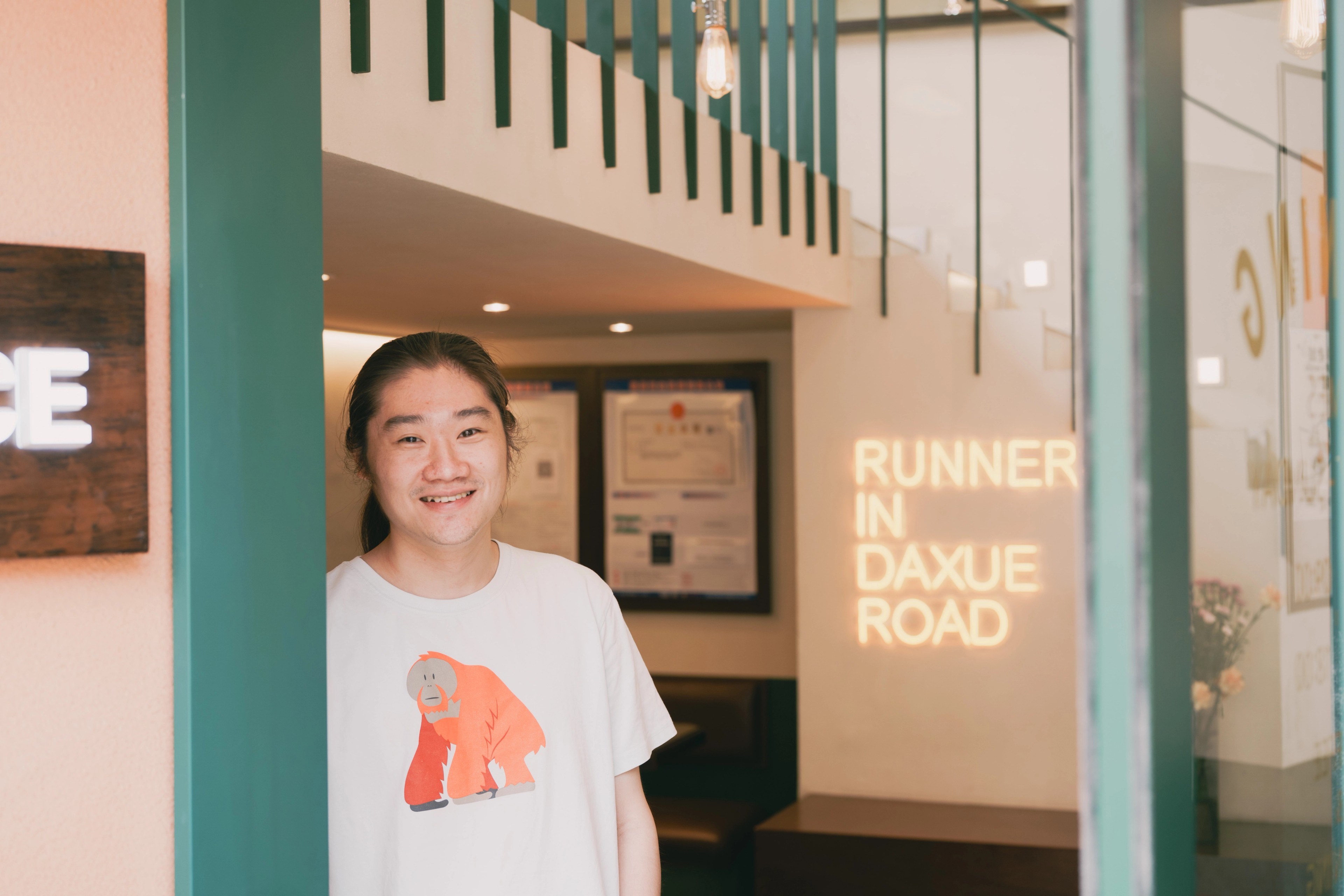
Xitong LIANG is an Assistant Professor at the School of Life Sciences at Peking University. Liang is also an Investigator at the IDG/McGovern Institute for Brain Research, the Center for Quantitative Biology and the Peking-Tsinghua Center for Life Sciences. Using cephalopods (e.g., octopus, squid, and cuttlefish) as a novel model system, his research explores the diversity and evolution of animal behavior, AI for neuroscience, and brain-inspired AI. He received a bachelor’s degree in biology from Peking University and a Ph.D. in neuroscience from Washington University in St. Louis, USA. Liang conducted his postdoctoral research with Prof. Gilles Laurent at the Max Planck Institute for Brain Research in Germany.
For his Berggruen Fellowship, Liang plans to explore alternative paths towards intelligence. With their uniquely complex and independently evolved brains, cephalopods offer a rare opportunity to gain insights into the evolution of intelligence and serve as a lens to reflect on human self-awareness through “the other mind.”
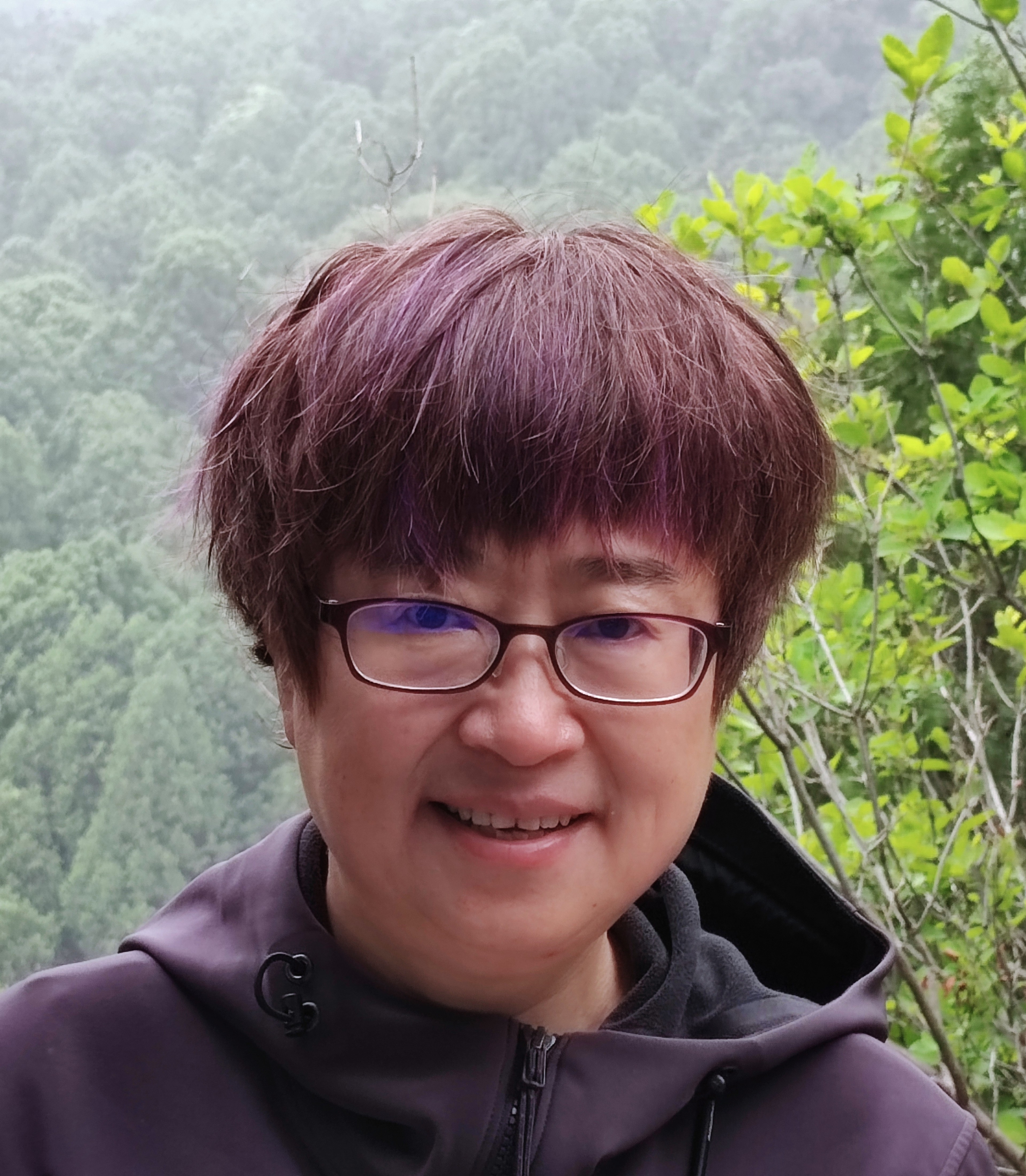
Zhi LÜ is a conservationist and professor at the School of Life Sciences at Peking University. Lü is also the founder of the Shan Shui Conservation Center. She is experienced in cross-disciplinary researches on nature conservation and human sustainable development. She conducted field researches on giant pandas and snow leopard in western China and has expanded her work to promote biodiversity in cities and farmlands in recent years. She is also deeply engaged in conservation practices especially community-based initiatives. For years she devoted to bridging between research and practice to better understand the interlinks between the nature and people, and to provide empirical and practical solutions for their coexistence.
As a Berggruen Fellow, she will actively participate in the center's discussions on co-becoming, bringing her perspectives based on practices, and explore drivers behind the human-nature coexistence in different contexts and their implication to a shared the future for all beings.
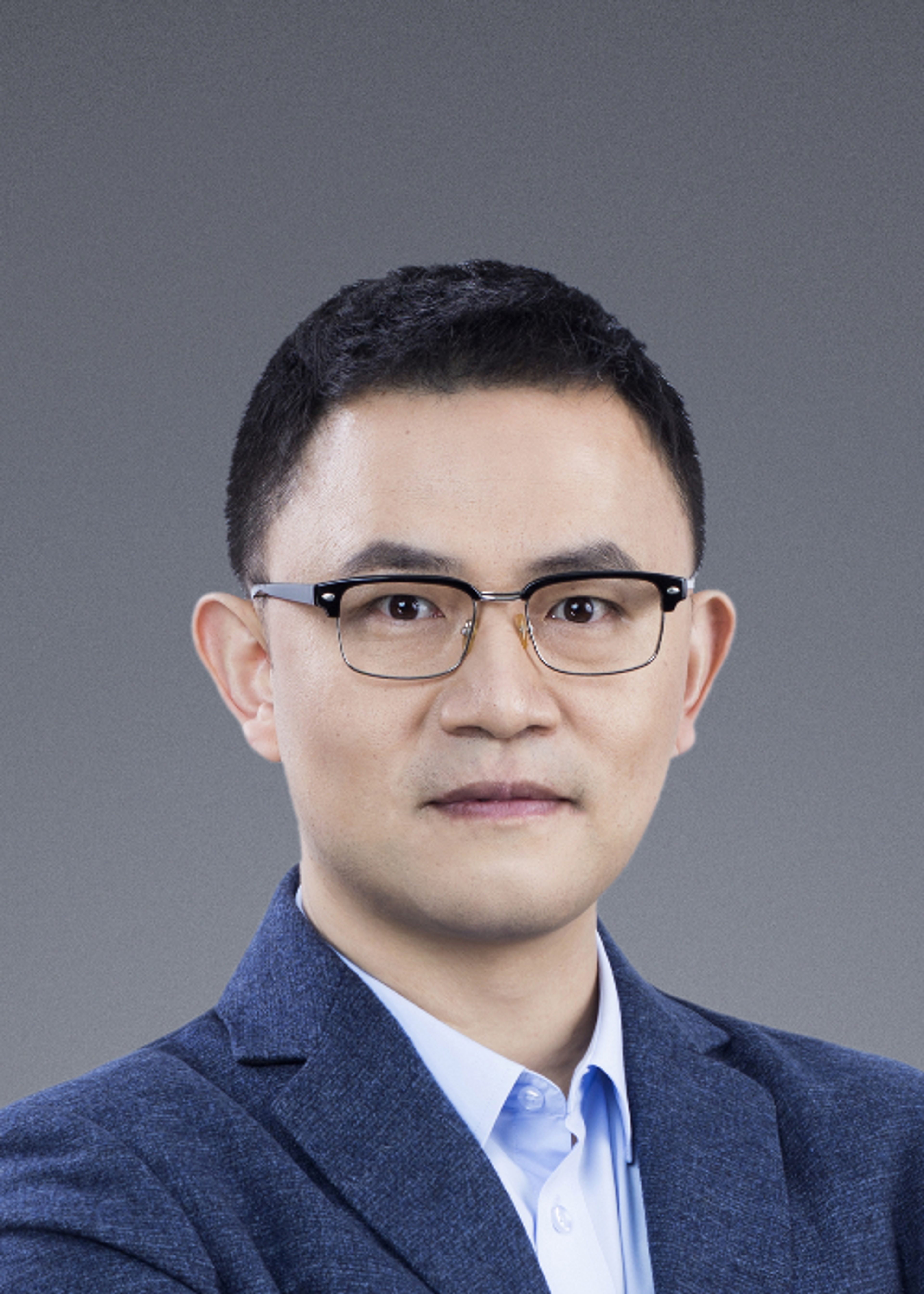
Lei MA is a researcher at the National Biomedical Imaging Center at Peking University, and a Fellow of the Beijing Academy of Artificial Intelligence.
Ma’s research lies at the intersection of graphics computing and artificial intelligence, with a focus on integrating these technologies with large-scale multimodal biomedical imaging and omics data. His work aims to develop a cross-scale digital life modeling system—spanning from digital cells and organs to entire digital organisms—to uncover the underlying principles of life through trans-scale simulation.
As a Berggruen Fellow, he will focus on the project “The Computing Brain: from Simulation to Understanding.” This initiative seeks to explore how brain simulation can inform a deeper understanding of intelligence in the era of AI. Through interdisciplinary salons, science communication efforts, and public engagement, the project will foster dialogues around key issues such as digital life, simulated consciousness, and the definition of intelligence?

